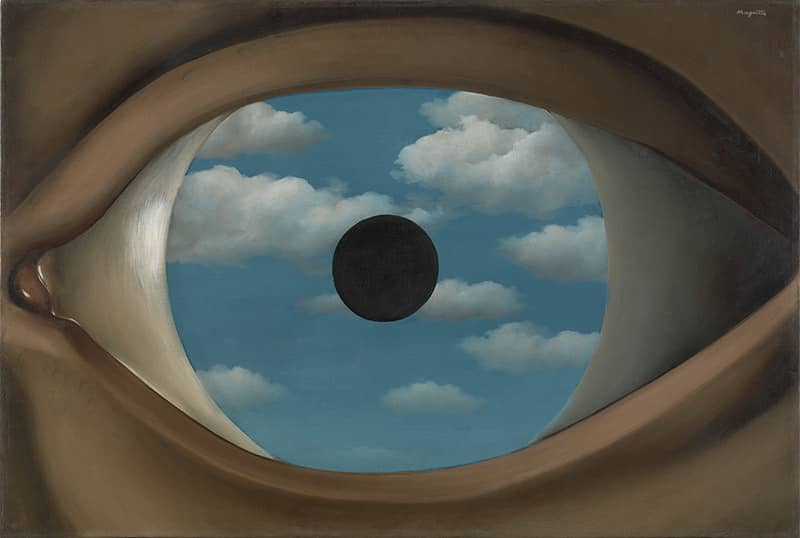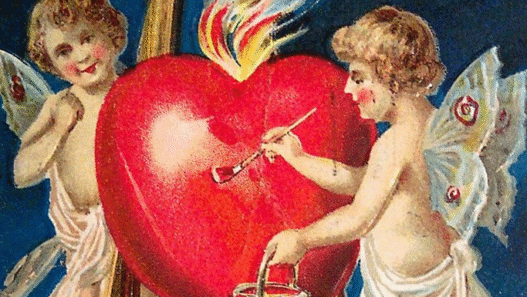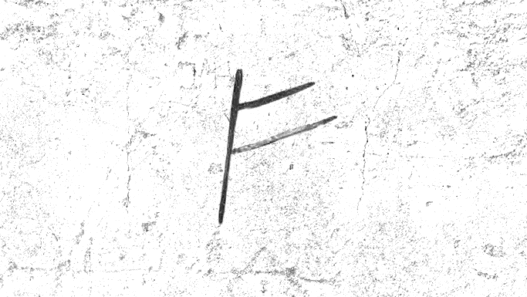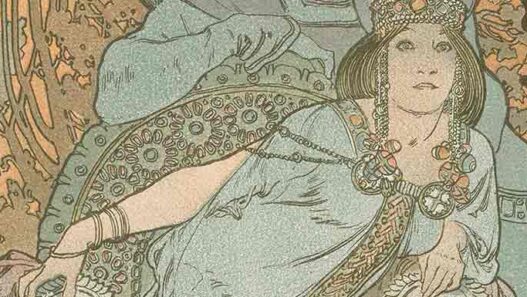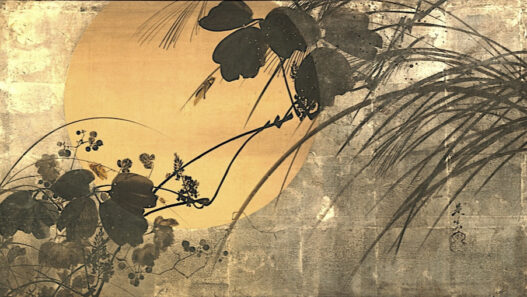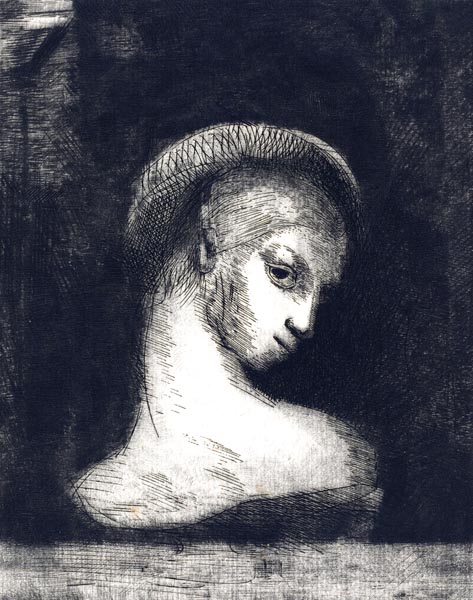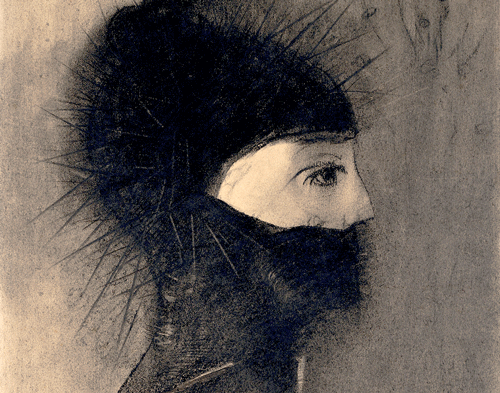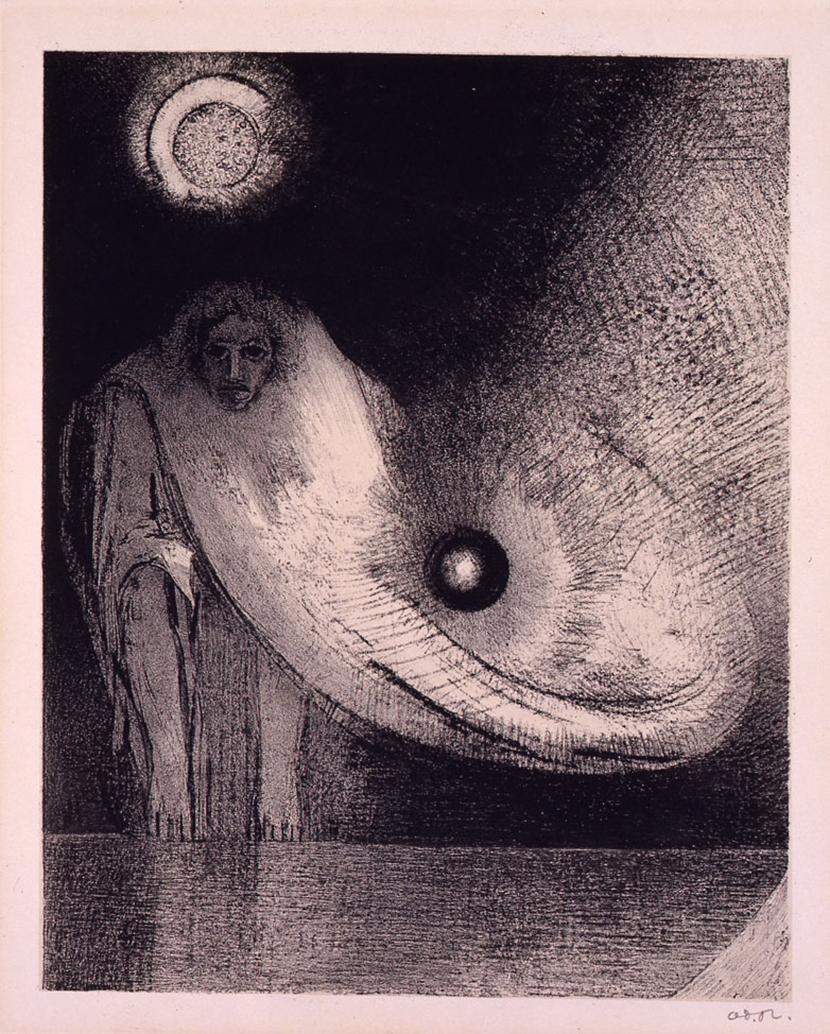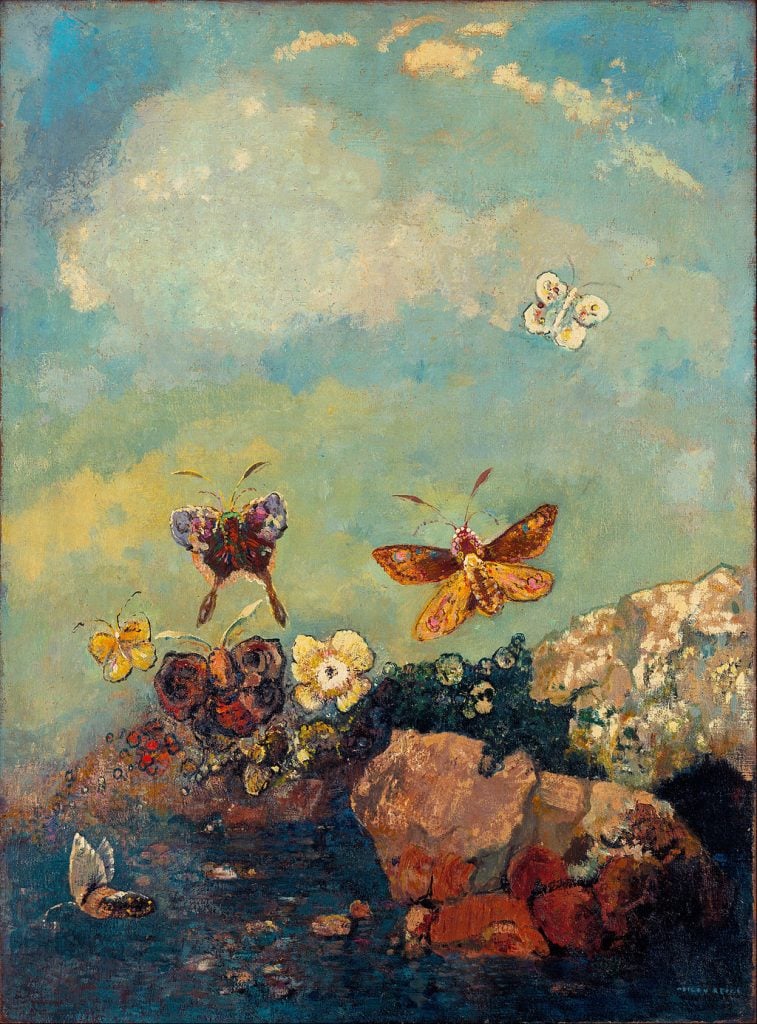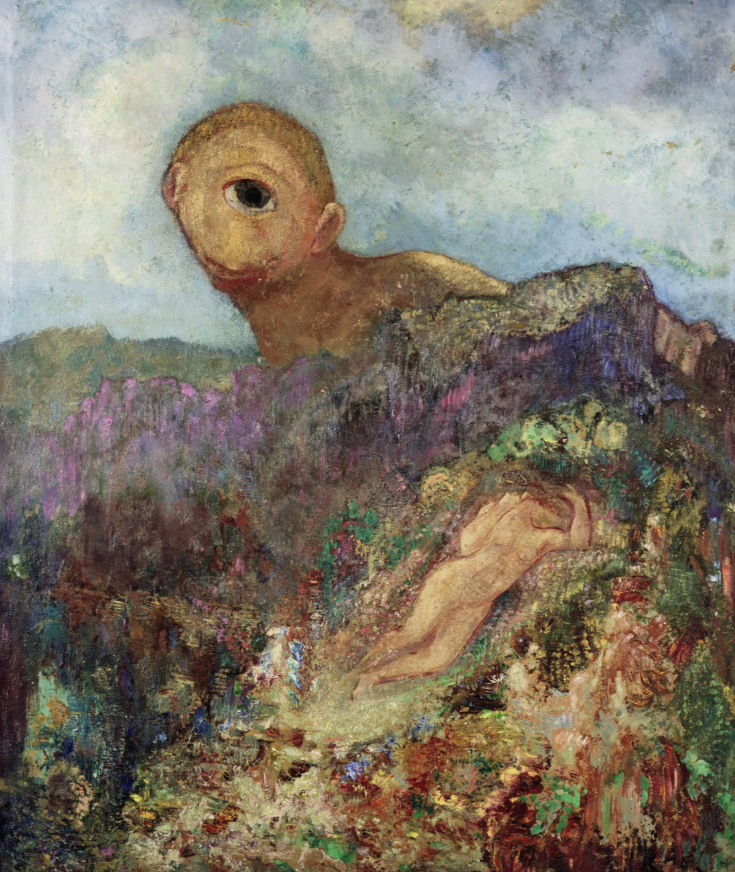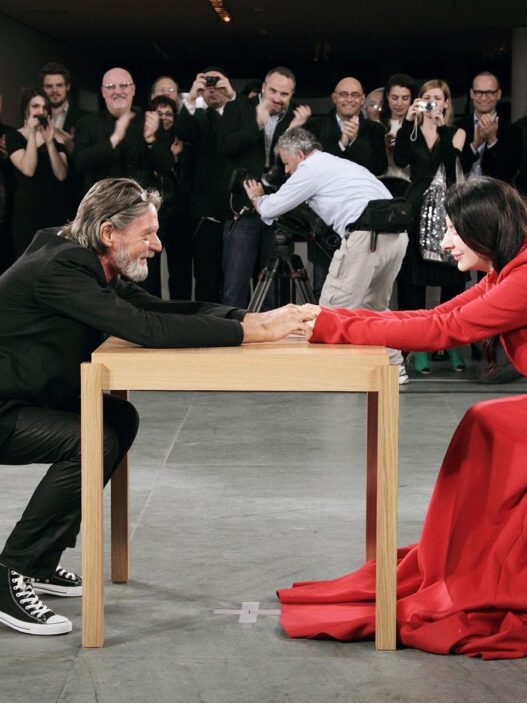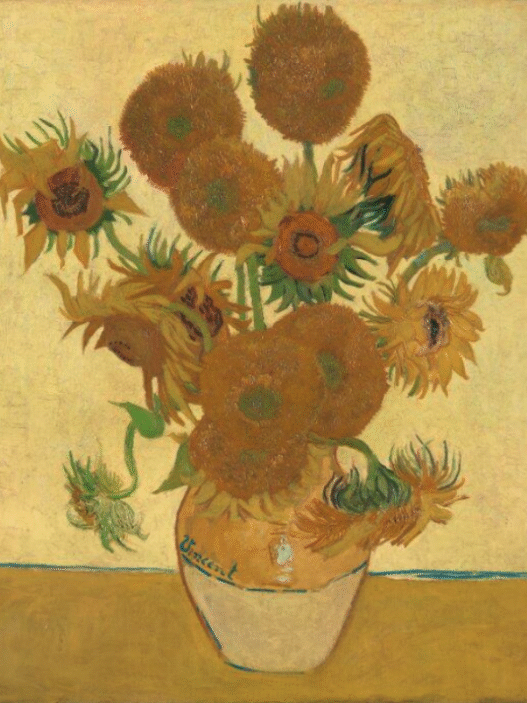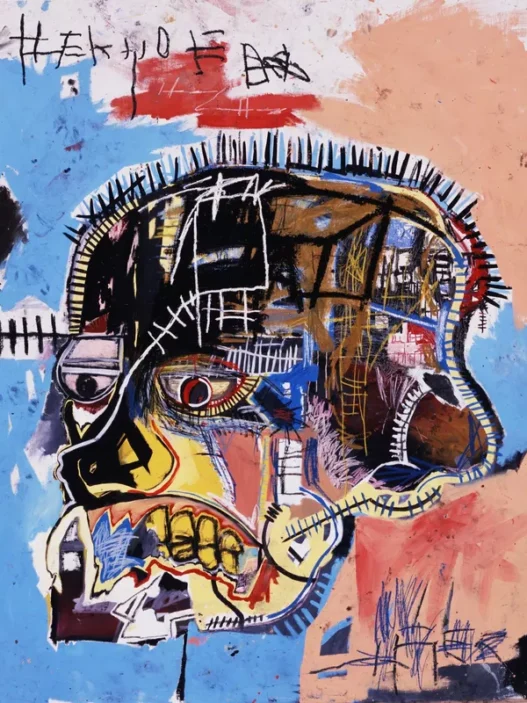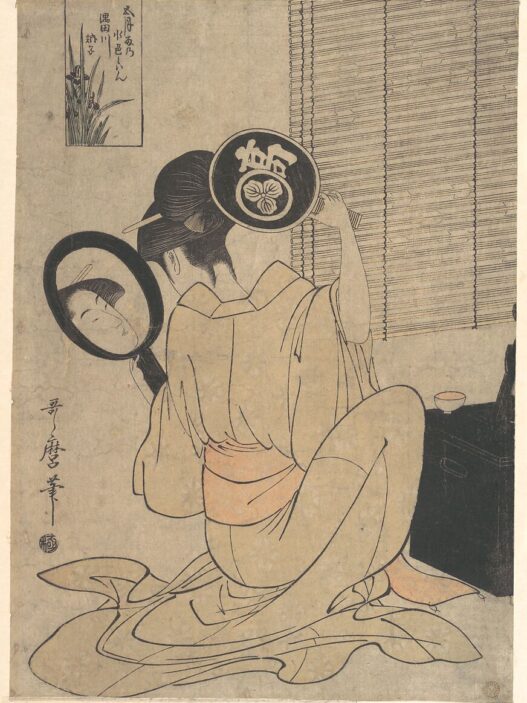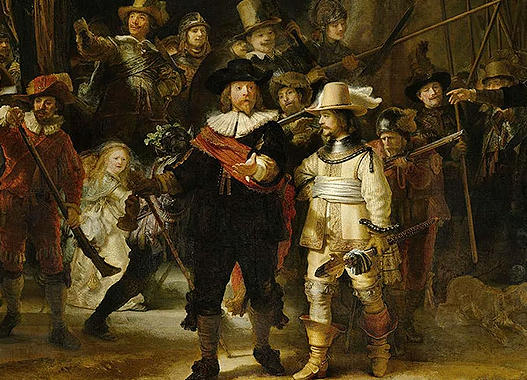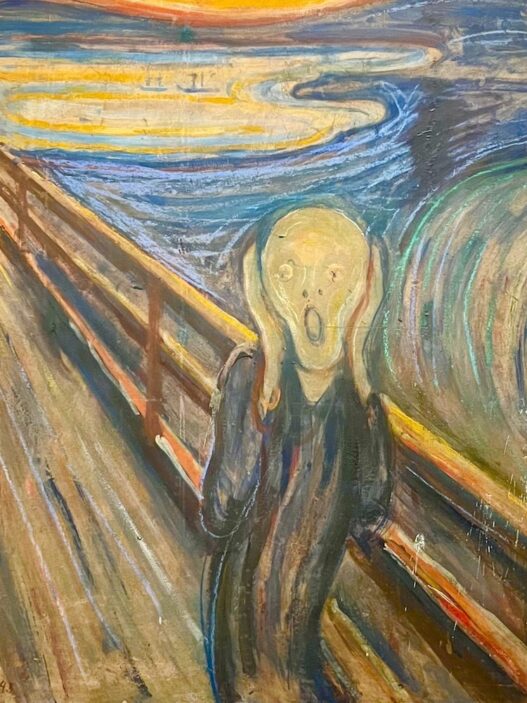Introduction
The dark world of Odilon Redon has long been viewed as a gateway into the subconscious, a place where dreams, nightmares, and mystical symbolism intertwine in haunting visual poetry.
But did you know his later years were filled with vibrant colour, blooming florals, and luminous pastels, revealing a dramatic shift from darkness to light in both palette and spirit?
Early Life and Inspirations
Born in Bordeaux, France, on April 20, 1840, Odilon Redon discovered his creative spark early in life. Inspired by his mother’s vivid storytelling and a deep fascination with literature, he began a lifelong journey into the realms of the human psyche and the fantastical.
Early exposure to Edgar Allan Poe’s haunting tales and the works of Romantic writers deeply shaped Redon’s artistic vision, fuelling his interest in the mysterious, the symbolic, and the psychological.
Artistic Journey
Initially trained in architecture, Odilon Redon soon discovered his true passion: art.
He turned away from building design to focus on drawing and lithography, creating haunting and visionary works that would define his place in Symbolist art.
Redon’s early artworks, including his dark charcoals and lithographs, showcase a mastery of line and shadow, laying the foundation for the vivid pastels and fantastical imagery that would later make Redon’s art internationally celebrated.
Timeline:
1870–1885 : The Dark Charcoals That Shaped a Dreamworld
During this period, Redon focused on his famous “noirs”.
Monochromatic charcoal and lithograph drawings. These mysterious and often macabre images captured fantastical creatures, mythological scenes, and eerie landscapes. The stark contrasts and surreal figures allowed Redon to explore the subconscious and set the stage for the Symbolist movement.
1885–1910 : Pastels of the Imagination
In his later years, Redon embraced pastels and vibrant colours, moving away from the gloom of his noirs. His works from this period reveal ethereal flowers, mystical figures, and luminous dreamscapes. Colour became a vehicle for emotion and imagination, letting the viewer enter Redon’s visionary world with a sense of wonder and serenity.
1870–1916 : Hidden Messages in Redon’s Fantastical Figures
Throughout his life, Redon imbued his figures and scenes with layered meanings — symbols of mortality, dreams, and human emotion. His creatures and spirits were not merely decorative; they were metaphors for the inner workings of the mind, making his work endlessly interpretable and inspiring.
Becoming a Pioneer of Symbolism
As Symbolism emerged, Redon embraced the movement wholeheartedly. He created a universe where the mystical and mundane coexisted.
His paintings gave life to haunting figures, enigmatic flowers, and fantastical creatures. For a deeper exploration of Redon’s work, consider visiting the Metropolitan Museum of Art’s collection, which includes pieces like Pandora, showcasing his unique blend of mythology and imagination.
Greek symbolism played a central role in Redon’s work, influencing his entire visual repertoire. For those interested in exploring these themes further, check out my top recommended books on Greek mythology, perfect for a modern collection.
Moreover, the dark, velvety backgrounds in his work created a dreamlike atmosphere.
They invited viewers to explore the labyrinth of the human soul. This echoes the Greek myth of the Labyrinth, with its winding passages and mysterious depths.
Themes and Symbolism
Redon’s art delved into the depths of human consciousness. His iconic Noirs series, featuring charcoal drawings and lithographs, captured nightmares and the subconscious.
In contrast, his later ‘Couleurs’ series offered vibrant, colourful interpretations of his visions.
Themes of metamorphosis, introspection, and the enigmatic nature of existence permeated his art, leaving a lasting impression on all who beheld it.
Modern Symbolic Connection
Odilon Redon’s dreamlike and often mysterious imagery invites viewers into a world where reality bends and the subconscious comes alive. His darkly fantastical figures and shadowy landscapes evoke the same sense of alienation and transformation that Franz Kafka explores in The Metamorphosis.
Kafka’s tale of Gregor Samsa offers a literary mirror, a narrative where the ordinary is made extraordinary, and the familiar becomes unsettlingly surreal.
Together, Redon and Kafka create a dialogue between visual and literary art, each revealing the hidden depths of human imagination and isolation.
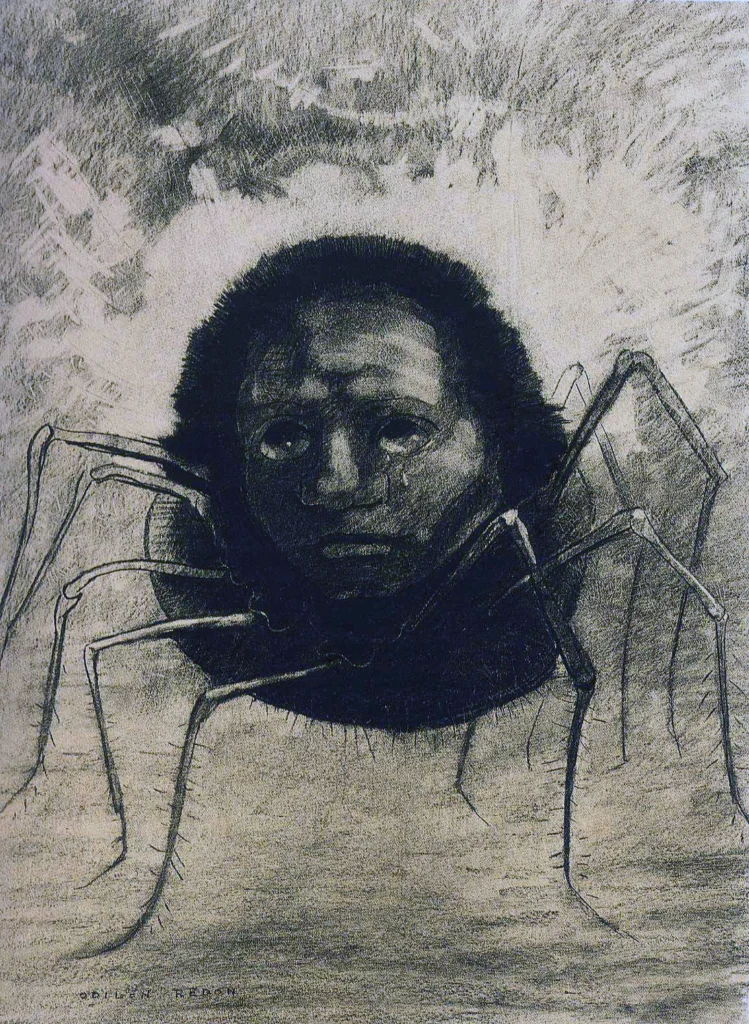
Legacy and Recognition
Odilon Redon’s unique artistic language and fascination with the mysterious earned him admiration from artists like Gustave Moreau and Henri Fantin-Latour.
His works appeared in prominent exhibitions, gaining recognition and praise worldwide.
Moreover, Redon helped bridge Symbolism and early abstraction. His influence made him a key figure in the evolution of modern art.
Lasting Influence
Odilon Redon’s art continues to captivate both enthusiasts and scholars. It transcends time and bridges the conscious and subconscious.
Through his imaginative brushstrokes, Redon gave the world a glimpse into the mysteries of the human psyche and the limitless possibilities of artistic expression.
His legacy lives on as an eternal enchantment, forever blending the mystical with the real. Moreover, he inspires generations of artists to explore the realms of symbolism and dreams.
